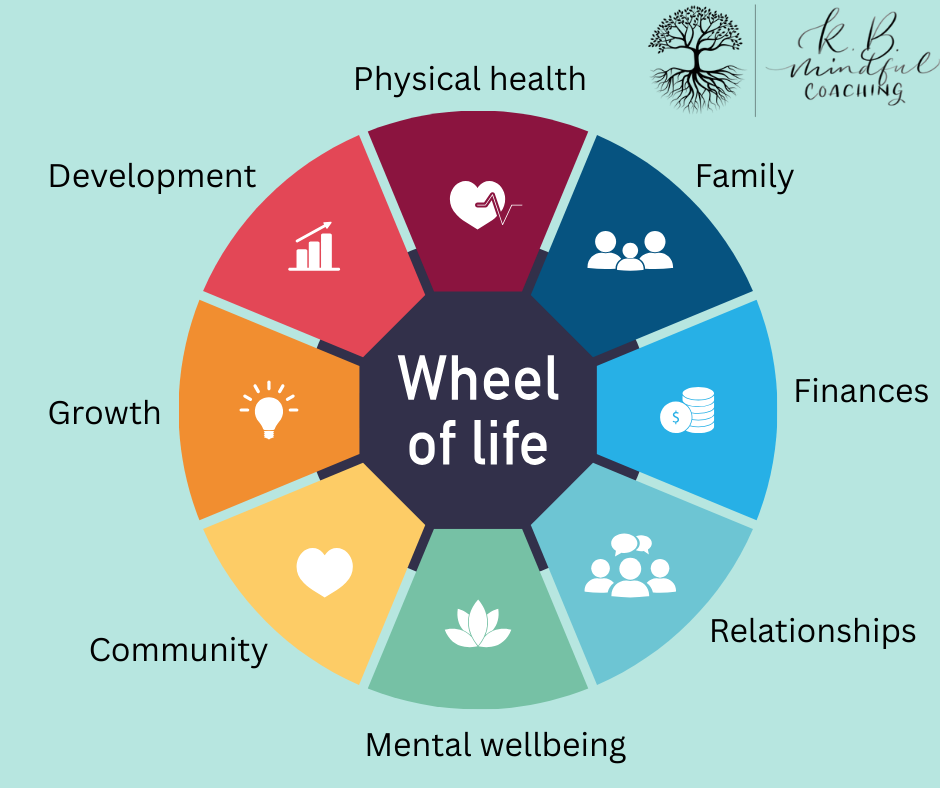Counselling, coaching and mentoring... what's the difference?
- kbmindfulcoaching
- Mar 30, 2023
- 2 min read
Updated: Jul 18, 2023
And are any of them right for me?!
Two great questions! Especially as people can call themselves one thing, but perhaps operate more in the generally accepted style of another.
Anyone can call themselves a coach for example, but they may be more of a mentor. Perhaps that doesn’t really matter, as long as you know what you are signing yourself up for, each party acts in good faith, and what is offered is appropriate for your needs.
Somewhat more alarmingly, I recently found out that anyone can call themselves a psychologist! The important part is the prefix ‘clinical’ psychologist or ‘occupational’ psychologist for example, which means something entirely different (and qualified!), but most people, myself included, wouldn’t know that at face value!

Back to the modes above, there’s a lot of information out there about the differences between them, with some overall generally widely accepted guiding principles. I’ll try to sum them up here as succinctly and helpfully as I can, with my own views and input too. I can’t claim to be an expert on all three, I am solely a qualified coach, so please consider that others may have different views and operate differently, but nonetheless I hope this blog might help steer you towards answering the second part question only you and the professional you talk to may be able to determine – are any of them right for you?
The differences between counselling, coaching and mentoring

Hopefully from the table above you can get a sense of how the three are different, and also how they can also be complementary – if you are experiencing one of the modes it doesn’t preclude you from also simultaneously experiencing one of the others (practitioners are likely to ask if you are receiving support elsewhere).
The table will hopefully have also indicated if any of them may be appropriate for you, now or in the future. The most important part I think is to ask questions, know what you are signing up for, and wherever possible speak to the person to get a sense of your rapport and comfort before you commit.
My passion is of course coaching! My qualification took me almost exactly a year, from Apr ‘19 to April ‘20, and I have been working with clients over the last 4 years. My view on that whilst coaching is not therapy, it can absolutely be therapeutic! In very simple terms (but it is exactly what I mean!): I want good things for you – you choose what those things are, and we work together to determine how you will achieve them, the tangible and the intangible wants! Life likes to throw us curveballs, but it is there for living in all its good, bad and ugliness (let’s add beauty in there too to be fair); my role is to help you do just that, as best as you can.
If you’d like to know more, please get in touch. And of course you can ask me as many questions as you like! Kathryn@kbmindfulcoaching.com



Comments